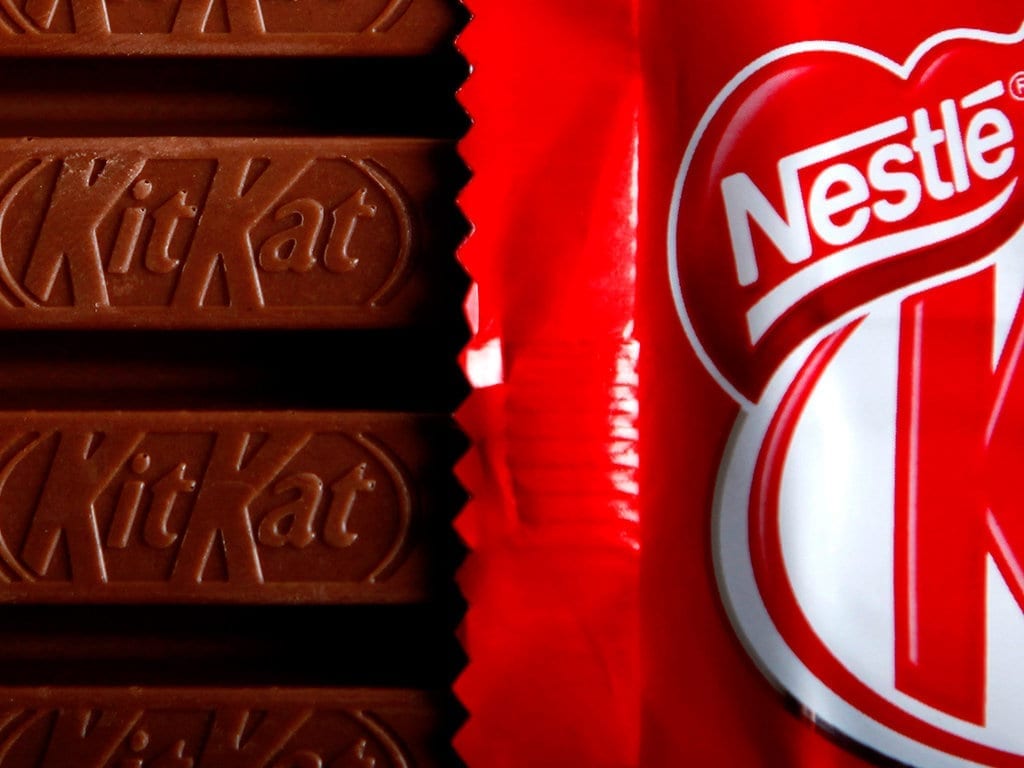
The Flexible Plastic Fund is a UK industry first and is being led by producer compliance scheme, Ecosurety, with support from the environmental charity, Hubbub.
In collaboration with manufacturers, retailers and recyclers, the fund intends to improve flexible plastic recycling and reduce plastic pollution by giving the material a stable value. This will in turn increase the supply of recycled plastic enabling the industry to become more ‘circular’ and meet the forthcoming UK plastic packaging tax obligations. The fund should motivate investment in much-needed jobs and infrastructure to make flexible plastic recycling a financially sustainable system in the UK.
New research from the University of Sheffield suggests there is strong consumer demand for recycling flexible plastic with 95% of participants saying they would be willing to recycle their flexible plastics1. Sainsbury’s and Waitrose have already signed up to support the initiative by hosting flexible plastic collection points in selected stores across the UK. Several other major retailers are set to follow suit. As a result, recycling this material will become increasingly accessible to consumers, as they will be able to recycle all types of flexible plastic packaging with participating retailers.
With just 16% of UK local authorities2 currently offering a household collection of flexible plastics, the amounts of this material collected for recycling are low. Flexible plastics include plastic bags, wrappers, films, pouches, packets and sachets and is described as ‘plastic bags and wrapping’, ‘soft plastics’ or ‘flexible plastics’. The fund will guarantee a minimum value of £100 per tonne of recycled product to incentivize recyclers to process flexible plastic.
The long-term ambition of the fund is to drive progress towards creating a circular, UK-based flexible plastic recycling market that allows flexible plastic recycling via household collections. As part of the UK’s drive to boost recycling, WRAP recently announced new recommendations to support flexible plastic recycling.
Flexible plastic represented 22% of all UK consumer plastic packaging in 2019 but only 6% was recycled. This type of plastic must be processed in a different way to other plastics due to its unique properties – it often contaminates rigid plastic recycling and clogs up machinery – something that could be overcome by creating a separate flexible plastic recycling stream.
The initiative will provide fully audited transparency – at least 80% of the plastics collected will be recycled in the UK – rising to 100% by 2023. Until 2023, where there are currently limits in UK capacity and technology, up to 20% could be exported to qualifying facilities in Europe only. All material will be fully traceable and tracked from the collector through to new products. Unlike many other schemes, recyclers will only be paid if the plastic is definitely recycled. The manufacturers contributing to the Flexible Plastic Fund will then be able to access the Packaging Recovery Notes (“PRNs”) generated by this high-quality, tracked recycling scheme.
The recycled plastic will be turned into a range of products including non-food-grade plastic, non-food-grade film and food-grade film. Through its graded payment hierarchy, the Flexible Plastic Fund is actively incentivizing the development of a circular model of production where flexible plastic packaging can be recycled into plastic packaging, including food-grade, again and again.
The Flexible Plastic Fund is calling for recyclers, manufacturers and retailers to get in touch to play their role in this vital scheme that is driving solutions to flexible plastic waste in the UK.

